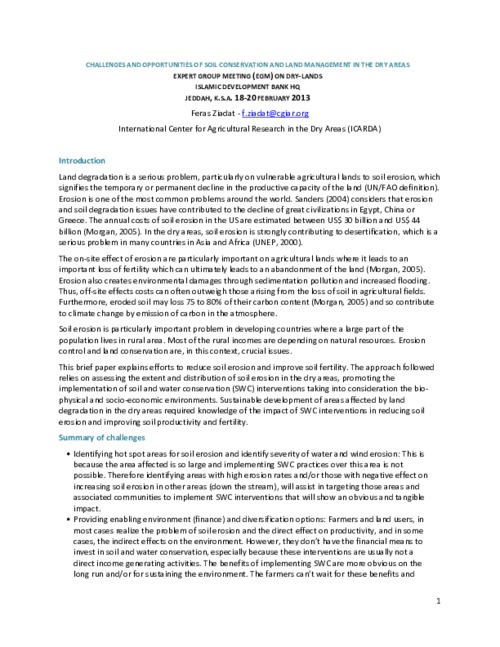Africa Energy Poverty : G8 Energy Ministers Meeting 2009
Worldwide, about 1.6 billion people lack
access to electricity services. There are also large
populations without access in the poorer countries of Asia
and Latin America, as well as in the rural and peri-urban
areas of middle income countries. However large-scale
electrification programs that is currently underway in
middle income countries and the poor countries of Asia will
increase household electricity access more rapidly than in



